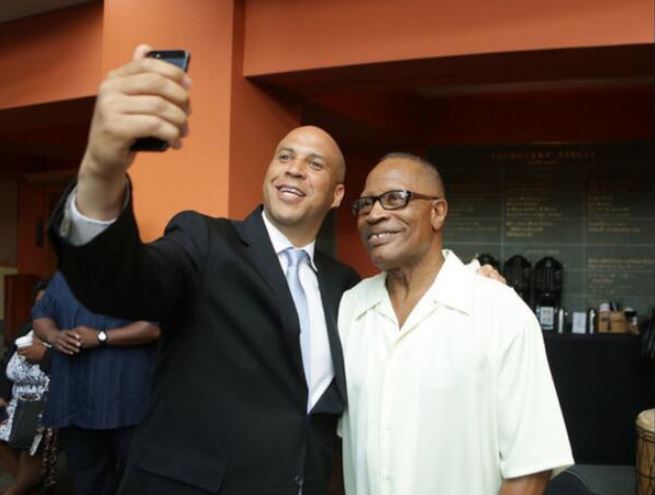Sharpe James: The Legacy of Newark’s Longest-Serving Mayor
Sharpe James left an indelible mark on Newark and New Jersey politics. As the city’s longest-serving mayor, he transformed countless lives, led major development, and became a defining figure in local government. This article explores Sharpe James’s early life, political career, and lasting influence on the city of Newark.

Early Life and Path to Politics
Sharpe James was born in Jacksonville, Florida, in 1936. He moved to Newark with his family during childhood to escape the Jim Crow South. Overcoming hardships, James thrived as a three-sport star and excelled academically at South Side High School. Later, he earned an athletic scholarship to Panzer College, now part of Montclair State University. His journey included military service in Germany and a master’s degree in physical education. Returning to Newark, James started his career as a gym teacher. His passion for community activism quickly drew him into politics.
Rise to Newark City Council and Mayoralty
In 1970, Sharpe James ran successfully for Newark City Council, representing the South Ward. He became known as a fiery reformer, determined to clean up municipal government and restore faith in local leadership. By 1986, he mounted a decisive campaign, defeating his mentor, Kenneth Gibson, to become Newark’s 35th mayor. James’s leadership style reflected charisma, drive, and a deep sense of responsibility toward his city.
Under his guidance, Newark witnessed a physical and cultural renaissance. Major projects like the New Jersey Performing Arts Center and the Prudential Center reshaped the downtown skyline. James put considerable effort into revitalizing neighborhoods, demolishing outdated public housing, and sparking new development.
For a deeper look at this transformative period, this comprehensive obituary by NJ.com details Sharpe James’s journey from reformer to city booster, highlighting his dynamic tenure and the city’s changing face under his leadership.
Achievements and Challenges
Sharpe James prided himself on being an advocate for Newark’s reputation. He led campaigns to defend the city from negative stereotypes, and he regularly engaged with residents at events, on the streets, and in city parades. His 20 years as mayor saw extensive redevelopment, reduction in crime, and improved municipal morale.
However, his influence was not without controversy. James’s final years in office were marked by federal investigations and, ultimately, a conviction related to misuse of city resources. Despite legal troubles, his contributions remain undeniable.
James also served as a New Jersey state senator, where he continued advocating for his constituents. Despite challenges, he maintained strong support citywide, winning every race he entered over nearly four decades in public service.
A Complex but Enduring Legacy
Sharpe James’s legacy is one of both triumph and complexity. He is remembered as a tireless booster for Newark, a champion for redevelopment, and at times, a divisive political figure. His career shaped generations of Newark residents and paved the way for new leaders.
As noted in his New Jersey Globe obituary, reactions to his passing reflected both gratitude for his service and acknowledgment of the controversies he faced. Still, the Newark seen today owes much to the ambition and vision of Sharpe James.
For broader perspectives on his influence and passing, see the ABC7 New York tribute.
Conclusion
Sharpe James’s impact on Newark will be felt for generations. As the city’s longest-serving mayor and a prominent state senator, he shaped its progress, challenges, and identity. While opinions on his legacy may differ, his influence on New Jersey political history is undeniable. Sharpe James’s story reminds us that leadership is complex, and that even controversial figures can leave a city forever changed.